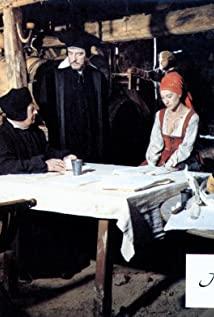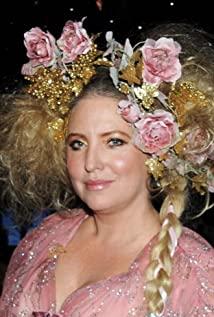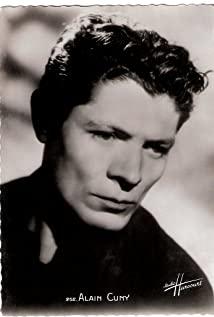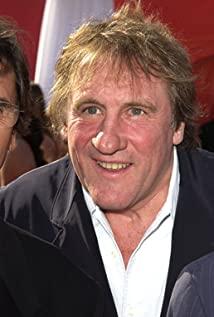The barrage says that Camille's tragedy is because of love, I don't think so.
In love, she is proud, asking Rodin to choose but not mentioning her pregnancy, saying to Rodin that she "can't share what she loves". Rodin's indecision in love is one of the triggers for Camille's disorder. However, Rodin's momentum and his pandering to politics made Camille see him as an enemy, and also believed that he was the mastermind behind stealing her talent and preventing her from participating in the exhibition.
I think the root of Camille's tragedy lies in her talent and her lack of fame. She has been a paranoid genius since she was a child, and paranoia and self-destruction are often only one step away. After Camille left Rodin, her father and younger brother still loved her and helped her, and art dealers were still optimistic about her. However, she tried to cheer up several times, but she still encountered several untimely blows. This repeated setback even reminds me of "Camel Xiangzi". So similarly, the ending leads to sinking and destruction.
I'm glad to see that Camille is not a woman who is limited to eroticism and is simply crazy about love. She has talent and ambition, she will not be tricky or not patient, but she will rampage with the fire of creation, and finally be destroyed like a moth. This tragedy is both personal and social, and thanks to this film, we can remember her like this.
View more about Camille Claudel reviews











